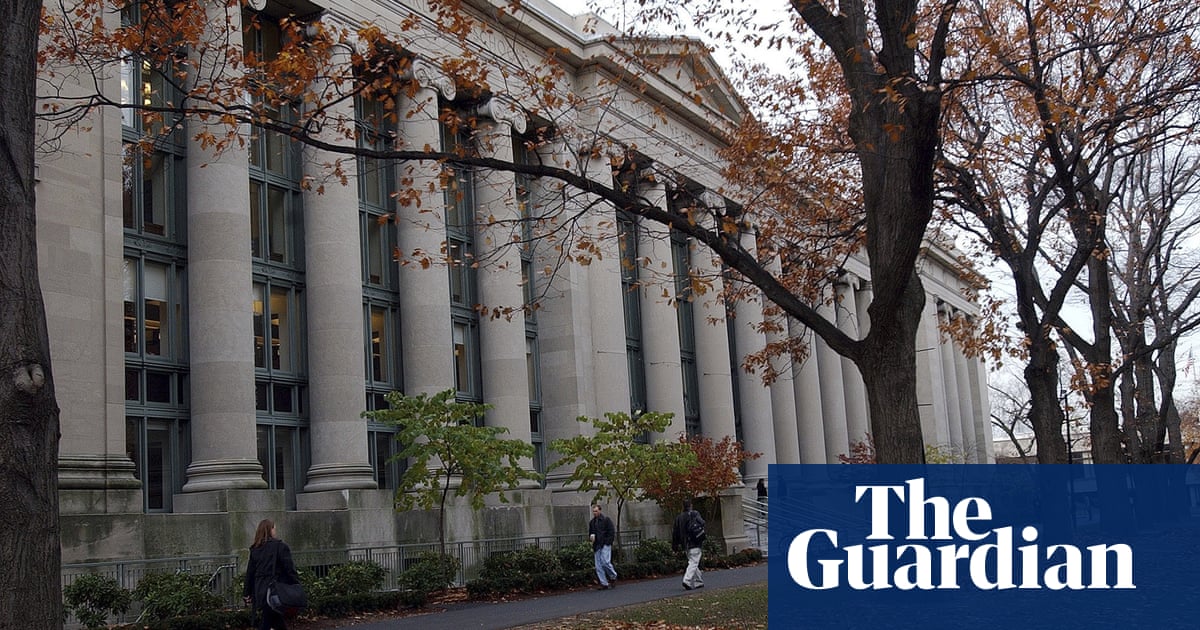Harvard Black Law Students Association says institution, which failed to determine who sent offensive emails and verses, woefully failed to act

An association of black students at Harvard Law School says the university” woefully failed to act” after four students received offensive emails and verse meanings from an anonymous sender.
The Harvard Black Law Students Association issued a statement criticizing the school after it was unable to determine who transport the” despicable, racist and sexist” letters, and after officials refused to share details of an investigation with students who received the messages.
Four students, including two who are black , apprise institution officials this year that the selection board had separately received themes with observations including” we all detest u”,” you know you don’t belong here” and” youre precisely here because of affirmative action “.
Harvard officials say the case was investigated by university police, information technology officials and an outside constitution firm.
” Sadly, the realities of technology sometimes grant persons who have committed such acts to circumvent sensing and we are disappointed that we were unable to identify who is responsible despite great efforts along multiple figureheads ,” a Harvard Law School spokesman said.
The student group believes the words came from another student or students, but Harvard officials be mentioned that has not been confirmed. The radical says the words were communicated from” retailer display phones” and two anonymous Gmail accounts.
Part of the dispute arises from a request to share details of Harvard’s investigation. The four students say Harvard officials promised to provide the findings of the investigation but have refused to do so. Harvard officials say student privacy statutes proscribe them from sharing the findings.
” For the purposes of student privacy and confidentiality reflected in federal principle and HLS practice, Harvard Law School will not publicly disclose details of investigations ,” Marcia Sells, the dean of students, said in a statement.” This rehearse is designed to protect the respective privileges of all parties involved in any investigation .”
Sells added that the school’s administrators” continue to condemn in the strongest terms any communication or action that is intended to demean beings “. But the group says the four students relied on the administration’s promise when they agreed to a school investigation.
” Now, more than seven months since the first abominable meaning was moved, the sender of this word remains unidentified and free to continue harassing black and women students, meanwhile the targeted students have been left to continue panicking for their safety ,” the group said in its statement.
Racial frictions is sometimes flared at the elite law school in recent years.
In 2015, paintings of various black profs were vandalized in a Harvard Law building, with slashes of pitch-black videotape placed over the photos. Harvard police closed the speciman without discover a culprit.
In 2016, the law school agreed to retire its official pinnacle after students complained over its connection to an 18 th-century slaveholder, Isaac Royall Jr, who donated his property to create the first principle professorship at Harvard.
/https%3A%2F%2Fblueprint-api-production.s3.amazonaws.com%2Fuploads%2Fcard%2Fimage%2F445675%2Ffc5e657e-f7b7-49c3-a75b-d54d249167ea.jpg)